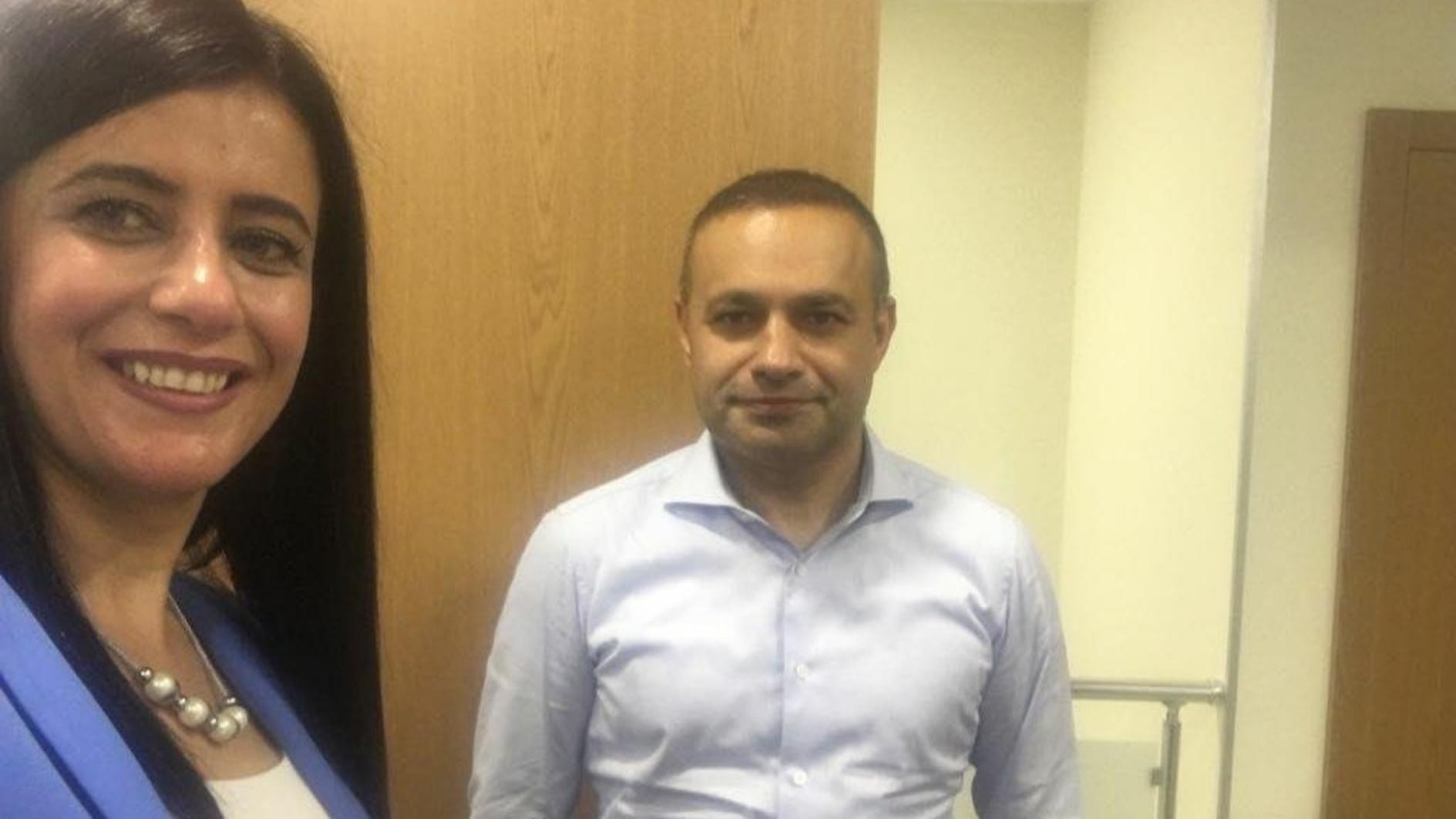‘Terrific’ Pakistani PM in the eyes of Trump
Pakistani Prime Minister Muhammad Nawaz Sharif called U.S. President-elect Donald Trump on Nov. 30 to congratulate him on his victory. “You have a very good reputation. You are a terrific guy. You are doing amazing work which is visible in every way,” Trump reportedly told Sharif.
“As I am talking to you, prime minister, I feel I am talking to a person I have known for long. Your country is amazing with tremendous opportunities. Pakistanis are one of the most intelligent people,” he added.
On being invited to visit Pakistan, Trump said he would love to come to a “fantastic country, fantastic place of fantastic people. Please convey to the Pakistani people that they are amazing and all Pakistanis I have known are exceptional people.”
This is no joke. These are the official records of the phone conversation. I wanted to quote it in full because this is the one that had the most details in Trump’s contacts with foreign leaders. Ankara also said the phone conversation between Trump and President Tayyip Erdoğan was “very good,” but there were no details. Thanks to the Pakistanis we have learned how Trump talks, what he says and how he acts.
Keeping this conversation in mind, let us take a look at retired General James Mattis, who Trump has appointed as his defense minister. Mattis is the second general appointed to the administration after retired General Mike Flynn was appointed to the position of national security advisor. He also, like Flynn, wrote a book four months ago detailing how he sees the world.
While Flynn’s “The Field of Fight” book focuses on international politics and terror, Mattis’ book “Warriors and Citizens” deals with civilian-military relations in the U.S. administration. While Flynn’s book gave clues as to U.S. foreign policy under Trump, Mattis’ book contains details on how the military will dominate in the U.S. administration from now on. He wrote the following:
• Politicians believe they practice that supreme command — in reality, we have a rigid distinction between military and civilian spheres of competence and high levels of civil-military tension that are debilitating to our national security policies. (p.18)
• Too many senior civilian officials know virtually nothing about the structure of military organizations, the chain of command, or the military planning process. (p.40)
• YouGov survey results indicate that Americans have even less trust in their civilian leadership than they did at the end of the 1990s. Respondents in the post-Afghanistan and Iraq survey thought that civilian politicians should essentially let military leaders run the foreign policy show. (p. 115)
• The current generation of American politicians appears to lack the vitality of leadership - either in wartime or in the many tasks that go into managing today’s “savage peace.” (p.214)
Trump is continuing to form a team made up of tough guys. He is collecting names who were excluded from the Obama administration. More importantly, he is preparing to move the decision-making processes that intensified in the White House during the Obama administration away from the center. He is picking people like Mattis who are ambitious and ready to take the initiative.
If we go back to Trump’s words at the beginning, what kind of role is he preparing to undertake as president?
First, he is learning. During his campaign he said he would bring back torture for terror suspects; but later on Nov. 19 he said that after talking to Mattis, he was influenced by the general’s opinion that torture does not work. Second, he is trying to be able to obtain concessions from his interlocutors, in line with the demands of U.S. interests.
So Trump seems likely to say things that would facilitate his election victory, even though he may abandon them later. He is also using the language that needs to be used for the other party in order for him to get what he wants. Thus, despite the corruption claims against Sharif and the accusations that he has formed an oppressive regime, Trump is able to tell the Pakistani prime minister he has “a very good reputation.”
Mattis will sit at the back, handling business. Trump will sit at the front, managing as a businessman and saying words like “You’re terrific, you’re amazing…”











